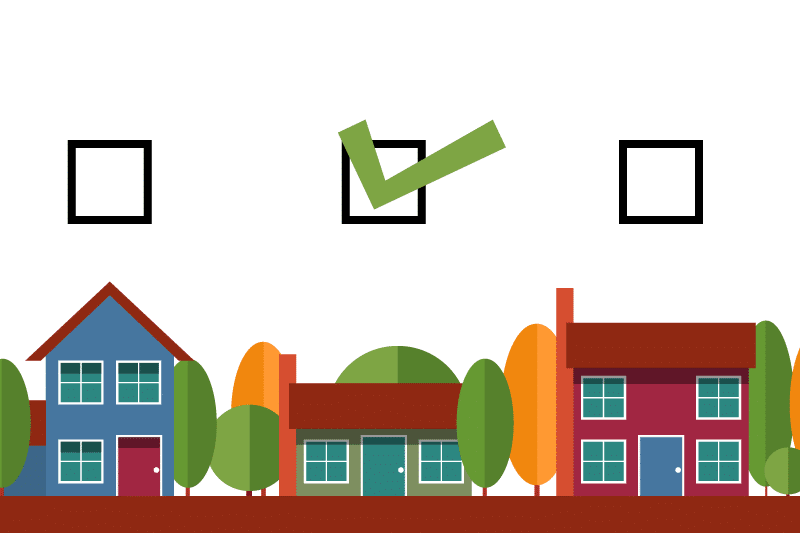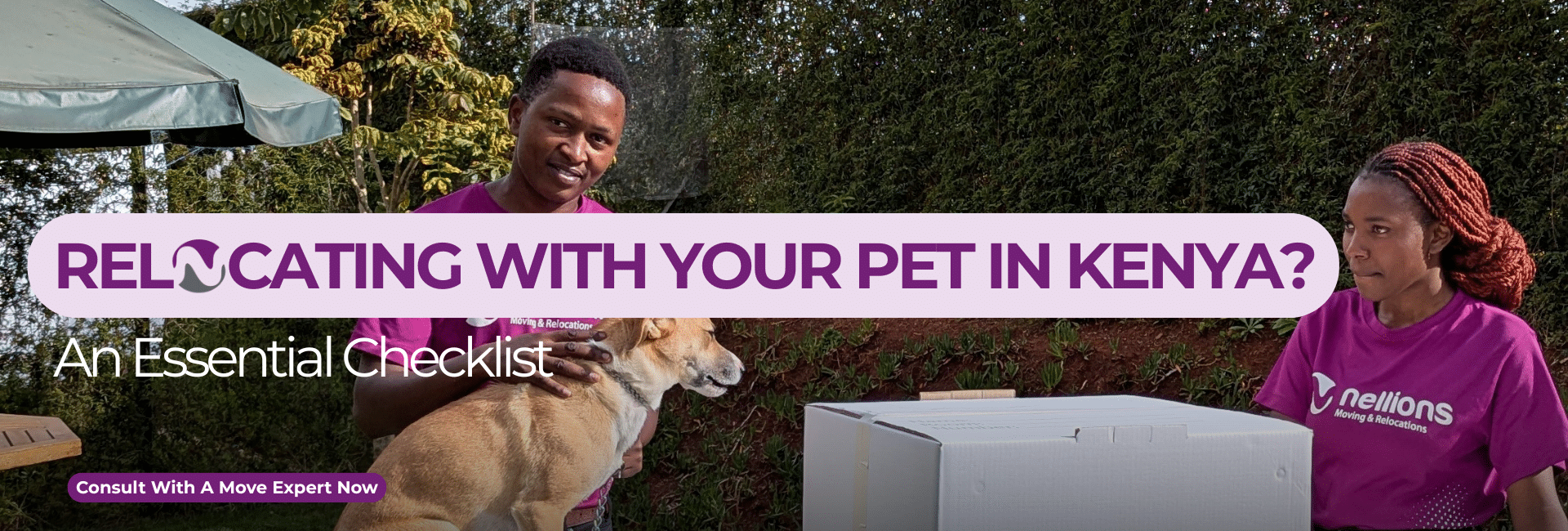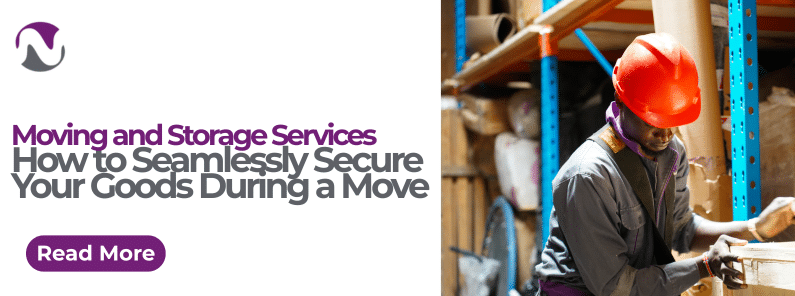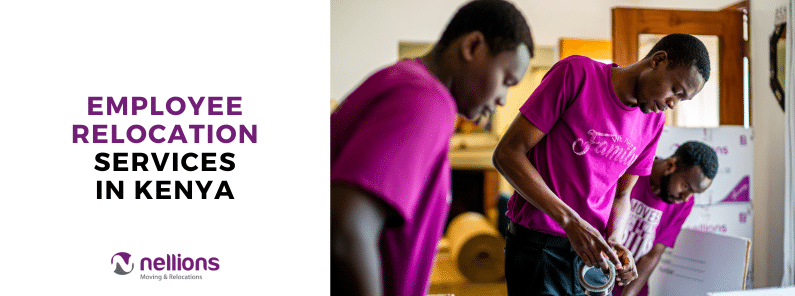Moving into a new house, having your own personal space, your own sanctuary is one of the most satisfying feelings ever. Before getting there though, there are a number of hurdles to cross; house hunting can be one exhausting task especially when you have no agent’s number, the numbers you are getting from the internet are conmen, or you have no idea where to begin.
There are a lot of factors to consider when moving into a new house, which largely depend on your circumstances and preference. So here are 10 things to check before moving into a new house:
1. Location
This is usually the number one consideration when looking to move into a new house. The location should meet your needs comfortably — ideally, you want most of the places you visit regularly to be within a few minutes of your home, from your place of work to the kids’ school(s). This lowers the cost of transport and also avoids long journeys and/or unnecessary traffic.
Consider other amenities as well: hospitals, supermarkets and recreational facilities. Most notably, prime locations also get you in closer proximity to people of a certain class, thus availing networking opportunities.
Pick a location that works for you — one that meets your goals. Remember, location is very important since different locations have different rent prices. So, you may want to check a location that’s according to your budget which brings us to the next point;
2. Cost
A good rule of thumb is that your rent should not exceed 20% of your gross income. This prevents undue financial strain on your part, since you want to pay rent and still have money for other expenditures. For house owners, an audit of your finances is important to determine how much you’re actually willing to spend, and if you can access financing to cater for the cost.
Financial discipline is critical here — find a decent house that meets your goals and doesn’t blow the bank. Oftentimes people move to fancier homes or swankier locations simply for bragging rights to the detriment of their finances.
Keep in mind that there is often a correlation between the size of the space and its cost (regardless of whether you’re building or renting). If you are moving to a house with less space, consider putting your goods into storage with a company like Nellions™.
3. Security
We all want to live in a place that is safe and secure, one where you can lay your head at night without a worry of your family’s security. A place where if you worked late, you’d still be able to go home without any worry. Otherwise, the investment in a new home might as well be pointless if you can’t get peace of mind.
Tight security takes on some obvious signs: for example, gated communities and areas in the UN Blue Zone usually have strict security protocols, and the presence of a police post or government/diplomatic activity usually boosts the security of an area. For apartment complexes, CCTV cameras and the presence of security guards are major factors that promote tight security. The other thing you can do is discuss the security of an area with people who reside there — this way you get an account of someone who has a first hand experience.
4. Water supply
Water is life. Understand a place’s water supply before deciding to live there. Is the municipal water supply reliable? Do they practice water rationing? Do you need to buy a tank or dig a borehole? What happens to the water supply during the dry season? These questions will help you plan yourself and avoid nasty surprises down the road.
5. Electricity
You will be forgiven for not giving much thought to electricity – it seems like a given in today’s world. But it isn’t the case for everyone.
Does the house and the area you are moving to experience frequent blackouts? If the answer is yes then you want to reconsider. If this something you want to compromise on, then you should consider a secondary source of electricity. In a world where a lot of folks are working from home and the fridge is stocked with heaps of food, an unreliable electricity supply could be disastrous.
6. Weather
You want to know, what is the general weather of the area of the house you are moving to. Is it too cold? Should you buy a heater? When it rains, does the area flood? You don’t want to live on riparian land or an area prone to flooding. You should know how different weather patterns will affect the area of the house you want to move into.
These are general factors to consider when checking for houses to move into. From there, there are some further specifics to pay attention to:
7. Repairs and maintenance
This is a major factor when moving to older houses. They might require a higher level of detail in terms of maintenance of original parts or details of the house, and this usually comes at an added cost. Inquire about the service charges of a new house before considering buying it.
The quality and condition of a house’s finishing is also very important. Some things can be overlooked, and others you may be willing to change, but there are houses where the finishing is so poor that the cost of rehabilitation becomes prohibitive.
8. Leaks and fixtures
Check for any water leaks, plumbing leaks. You don’t want to sleep at night and wake up to a flooded house. Before moving in, familiarize yourself with the locations of the water valves and gas shutoff valve. Also, check where all the lighting fixtures are including the fuse box/circuit breaker. This is to ensure everything is in good condition and have the awareness in case of emergencies.
9. Surroundings & Environment
We have moved people to a new location which looked very nice but they had to move out after only 2-3 months due to the following reasons:
- The street does not sleep at night. There’s too much activity like an active nightclub nearby that denies the area any tranquility.
- The house is on disputed property (with government, NEMA, etc) and even sometimes earmarked for demolition.
- There is a constant leaking sewage line in the area bring awful smell to the house
- The compound is prone to flooding during the rainy season
- The houses on the ground floor get mouldy during the cold season causing health problems especially to small children
- Stuffiness and lack of adequate ventilation within the house.
- Too many mosquitoes due to a nearby swamp.
To avoid such issues, one may apply the following solutions in order to tackle them preemptively:
- Before committing, do thorough research on the area, go there even at night before, interview potential neighbours, watchmen and caretakers. Do not take the agents’ word as the gospel truth.
- Visit the area with a friend and get a second opinion. He/she might see something that you might missed.
10. The new normal
As we learn to live and cope with living with Coronavirus, there are some new factors that we now have to consider:
- Is the house versatile enough to help you work from home and your kids to learn via video link? Does it have a Home Office or a space that can be easily converted to one?
- Is there good internet in the area (preferably fiber optic connectivity) to support work/study from home?
Conclusion
Moving to a new house is a fun, emotional and often hectic activity. Most people seek to ensure the house is perfect for them, in a decent location that they can afford and that they are comfortable. While not entirely conclusive, the pointers in this article should be of great assistance in determining if a house is appropriate for you. Also, always remember to deep clean your new house; pay special attention to the cabinets, fumigate and change the locks once you move in. Oh, and change the toilet seat if you can.
Happy moving!












